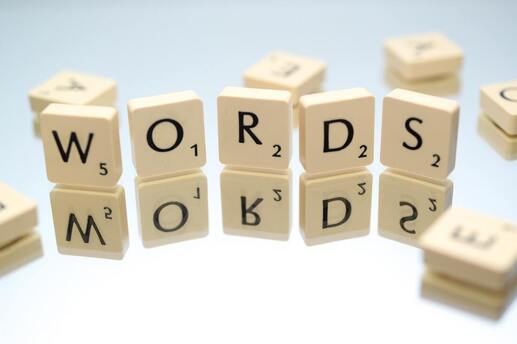 Words matter! Words matter! There are many things that shape how people talk about others with disabilities. It may be that they lack knowledge, have a fear of the unknown, don’t have experience or a personal point of reference with the disability or have received incorrect or distorted information about it. Any of us who speak (or write) about people with disabilities are important messengers. Beyond physical descriptions and therapeutic solutions, disabilities aren’t about limitations and restrictions. In fact, they are about abilities and opportunities. That is, if we communicate the stories correctly. Are you good at talking about disability accurately? When we take time to be mindful of our language and commit to expressing people’s stories with understanding and awareness, we play a vital part in changing the narrative about disabilities. Here are some things Easterseals wants you to know about disabilities language. Get these right and you’ll be part of the true movement toward understanding the limitless possibilities of people, no matter any label the world has attached to them.
See the person, not the ability, and there’s a great chance you’ll say or write it right every time; you’ll be able to tell stories with a contagious awareness that will enlighten and educate others. Words matter! Comments are closed.
|
Details
Archives
May 2024
Categories
All
|

 RSS Feed
RSS Feed